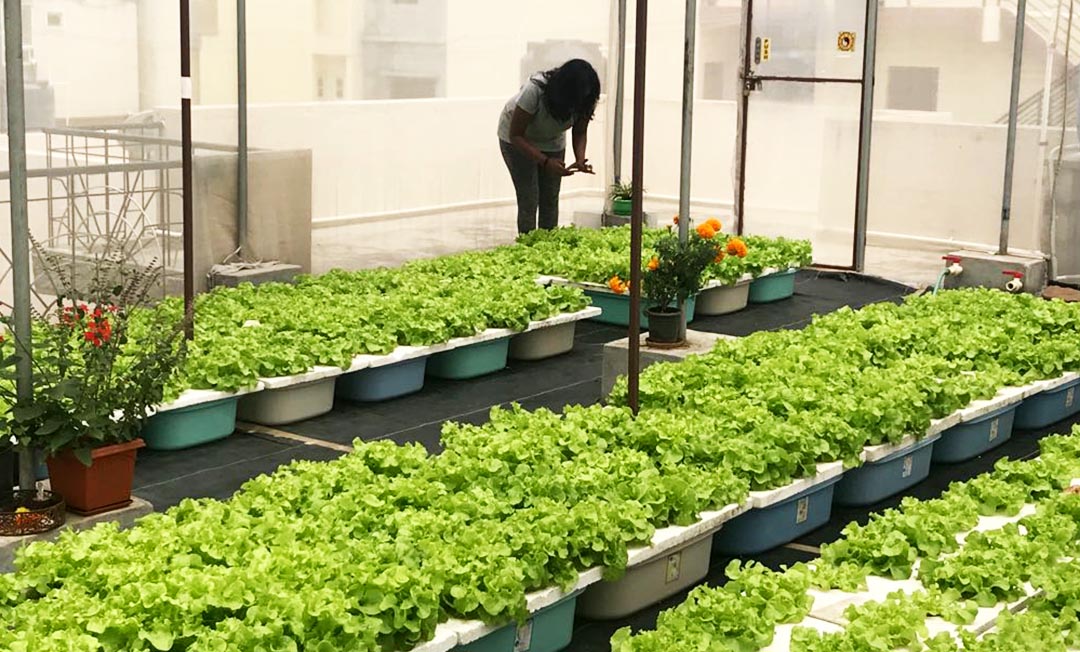Hydroponics is a method of growing plants in a nutrient-rich solution, rather than soil. This innovative method of cultivation has been gaining popularity in recent years as a way to improve crop yields, reduce water consumption, and promote sustainable agriculture. In this blog post, we will explore some of the benefits of hydroponics and how it can contribute to a more sustainable future for food production.
- Increased crop yields: Hydroponics systems can produce higher crop yields in a smaller space compared to traditional soil-based agriculture. This is because plants grown in a hydroponics system have access to a constant supply of nutrients and can grow at a faster rate. This makes hydroponics an ideal solution for urban agriculture and for growing crops in regions with limited land.
- Reduced water consumption: Hydroponics systems use significantly less water than traditional soil-based agriculture. This is because the water is reused and recycled in a closed-loop system, resulting in less water being lost through evaporation and runoff. This makes hydroponics a more water-efficient method of cultivation, which is especially important in regions with water scarcity.
- Pest and disease control: Hydroponics systems provide a controlled environment for plants, which makes it easier to control pests and diseases. This is because the plants are grown in a closed system, which reduces the risk of disease and pest infestation.
- Year-round cultivation: Hydroponics systems can be used to grow crops year-round, regardless of the weather or season. This is because the plants are grown indoors, in a controlled environment, which makes it possible to grow crops in any climate. This can help to improve food security and reduce dependence on imported food.
- Improved food safety: Hydroponics systems are an ideal solution for producing safe and healthy food. This is because the plants are grown in a controlled environment, which makes it possible to reduce the use of pesticides and chemicals. Additionally, hydroponics systems can be used to grow organic crops, which are free of harmful chemicals and pesticides.
In conclusion, hydroponics is a powerful tool that can contribute to sustainable agriculture by increasing crop yields, reducing water consumption, and improving food safety. As the world’s population continues to grow, hydroponics can play a critical role in ensuring a sustainable future for food production. If you’re interested in learning more about hydroponics and how it can benefit you, don’t hesitate to reach out to us for more information.
